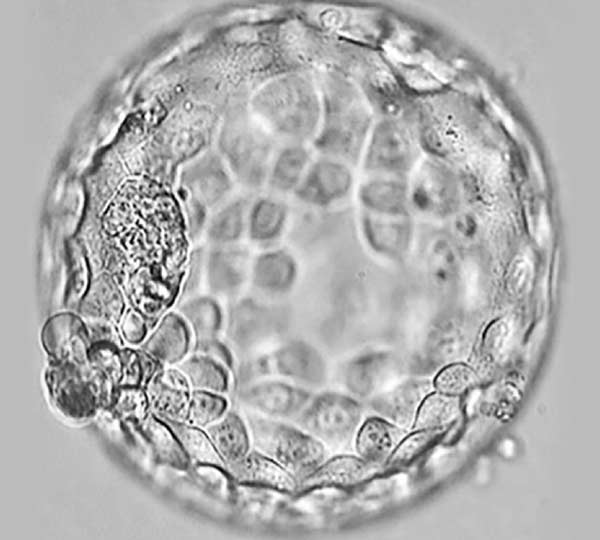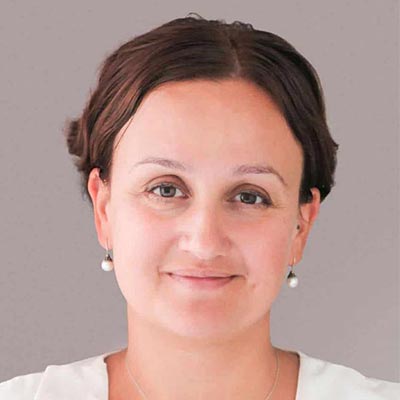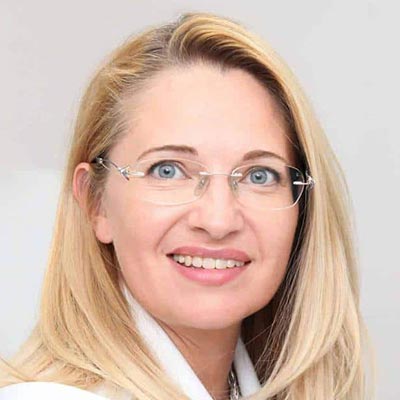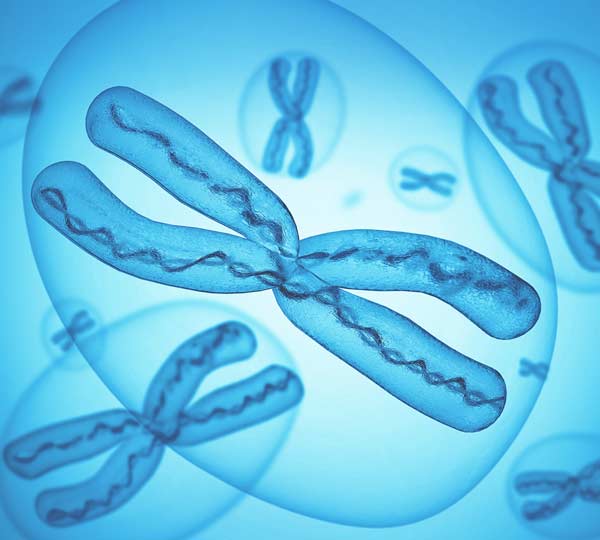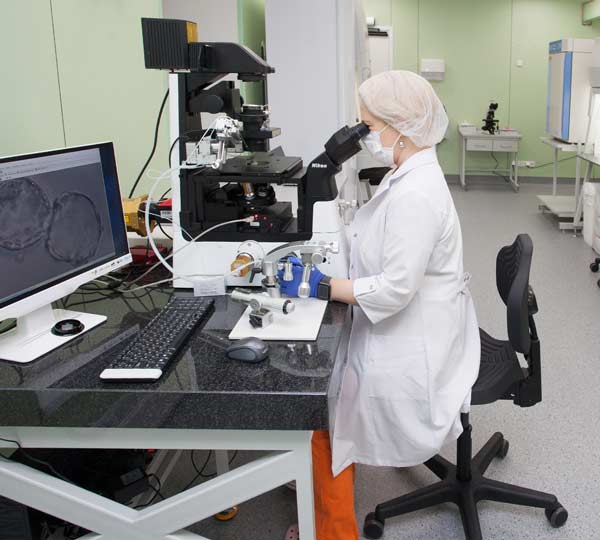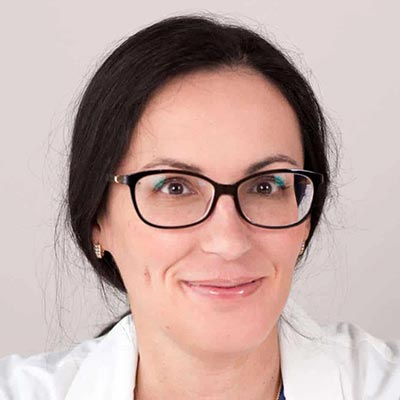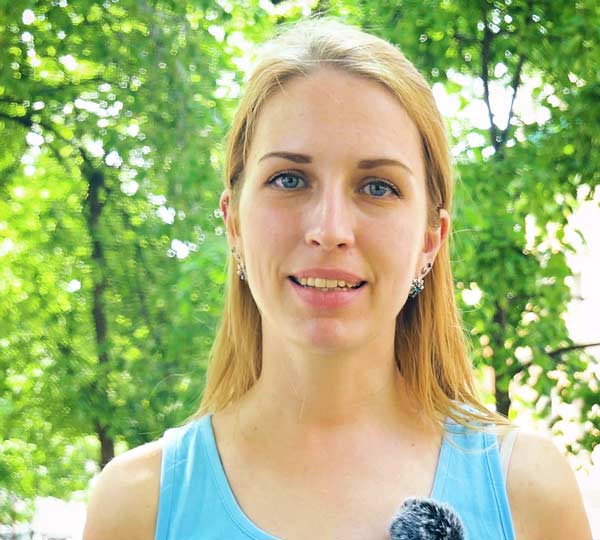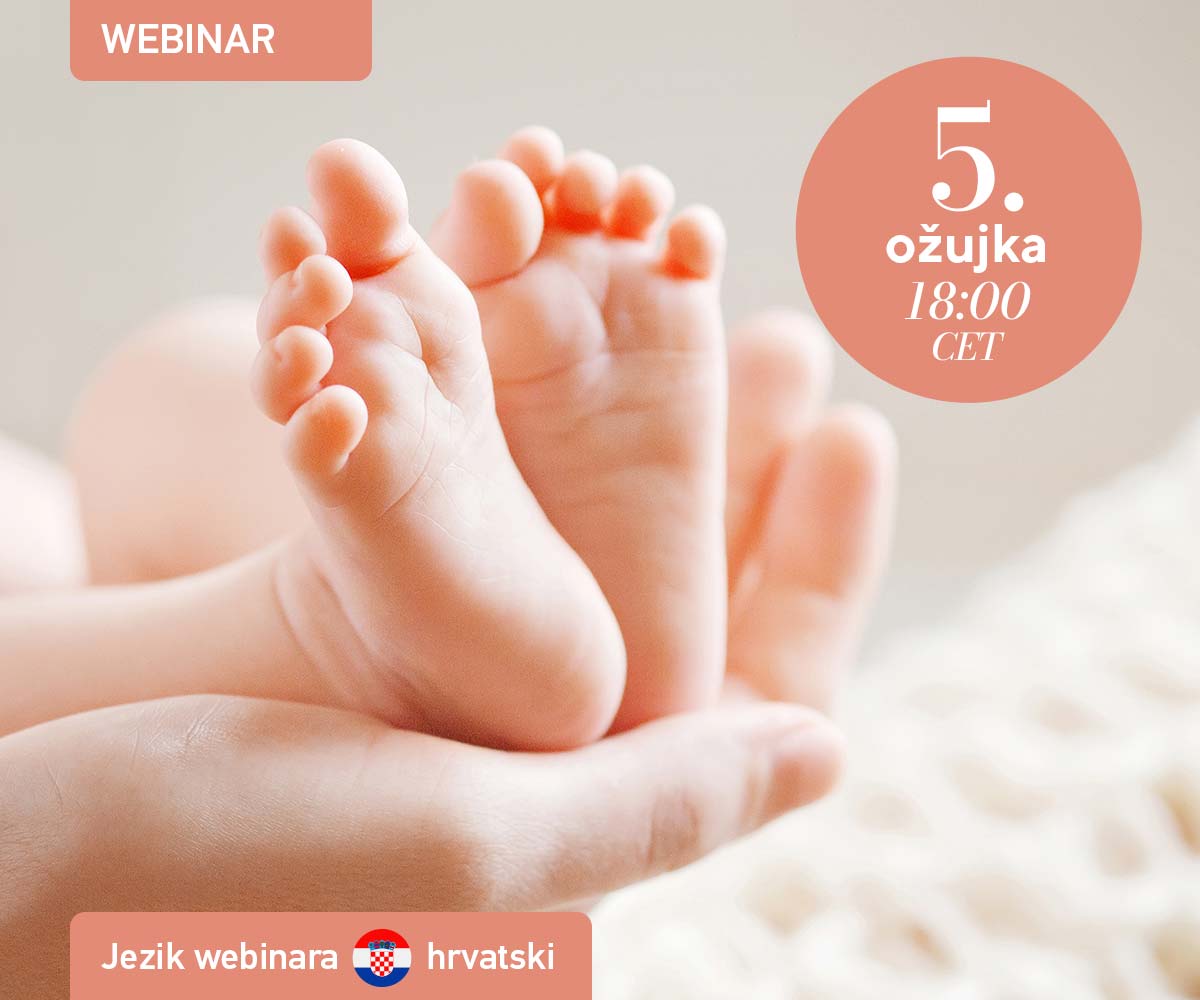Recruitment and screening
Egg donors at O.L.G.A. Fertility Clinic are healthy, young, attractive and well-educated women who must pass a number of medical tests before they join our donor bank. They are also psychologically screened and counselled to ensure that they are comfortable with the commitment required in egg donation. Our selection process for egg donors enables us to offer you the reassurance you need in making your choice.
General requirements
Under Russian law, egg donors (ovum donors) can be healthy women aged between 20 and 35 who have (a) healthy child(ren) of their own. These conditions comply with the requirements of the European Society for Human Reproduction (ESHRE). The average age for our egg donors is just 26, and none of our donors is above the age of 31. All our donors are anonymous, as allowed under Russian law.
If you prefer to bring your own egg donor to O.L.G.A. Fertility Clinic, she may be over the age of 35. However, the success rate of treatment is lower when older egg donors are involved. There are also higher genetic risks, particularly in terms of conditions such as Down’s Syndrome, so prenatal diagnosis is recommended.
How we screen candidates
At O.L.G.A. Fertility Clinic, egg donors undergo a comprehensive medical and psychological evaluation to ensure they are fit to donate. The screening starts with an initial interview to evaluate the general abilities and intellectual capacity of a potential donor.
According to Russian law and in compliance with the recommendations of ESHRE and ASRM (the American Society for Reproductive Medicine), ovum donors in our clinic undergo the following tests: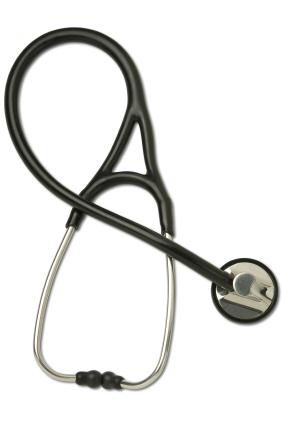
- Initial appointment with our doctor:
- assessment of general abilities and intellectual capacity of a candidate;
- common health history
- reproductive history/gynaecology
- genetic history
- Ultrasound examination of ovaries and uterus
- HIV, Hepatitis B and Hepatitis C (every 3 months)
- Chromosome screening
- Clinical blood test: Haemoglobin, RBC (red blood cells), and WBC (white blood cells including the count of their fractions i.e. (lymphocytes, neutrophils, basophils, eosynophils) (every month)
- Clinical urine test
- Biochemical blood test (liver and kidney values, sugar, protein) (every month)
- Blood coagulation (every month)
- Electrocardiography (every year)
- Lung X-ray (every year)
- Cytology smear (every year)
- Bacteriology smear (every month)
- Smears for genital infections (clamydia and others) (every 6 months)
- Annual appointment with general practitioner.
- Annual appointment with psychiatrist.









